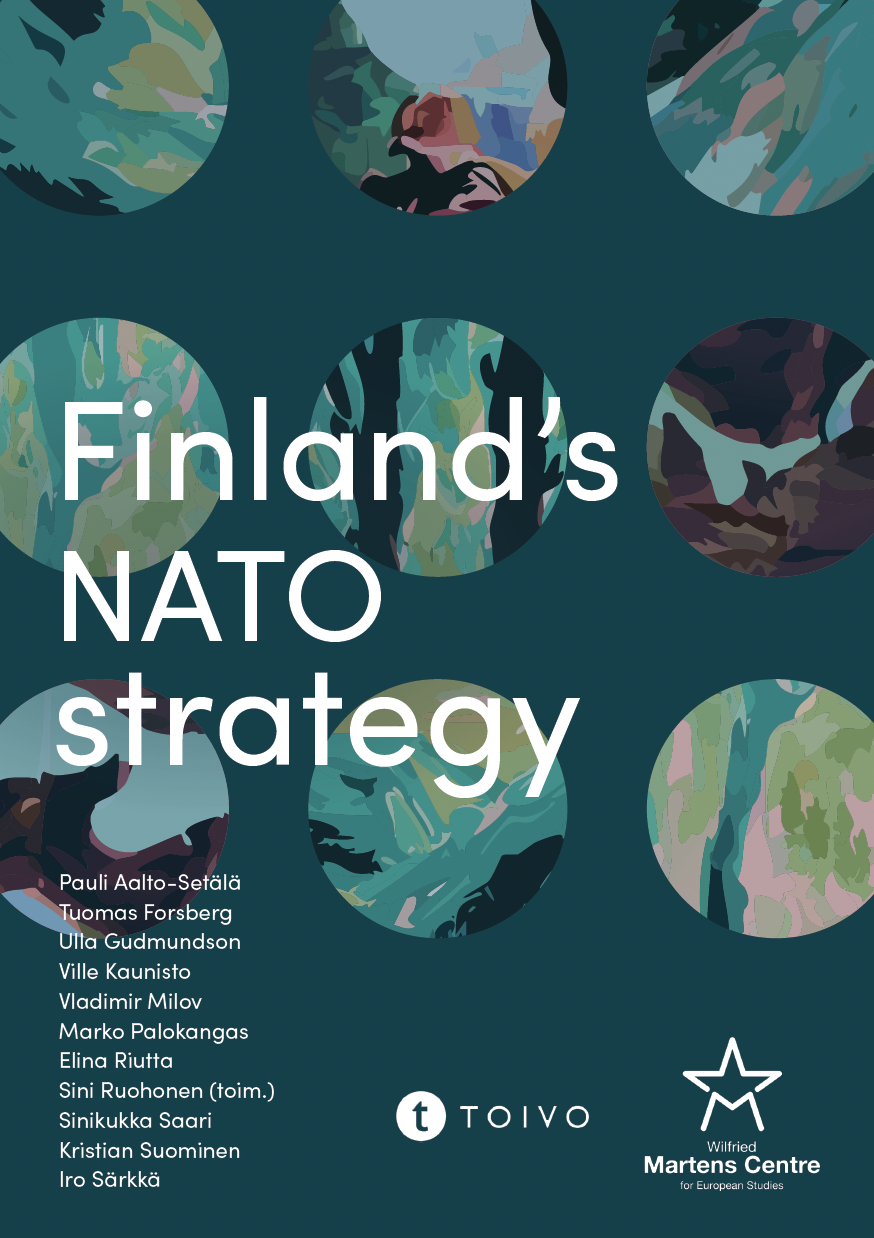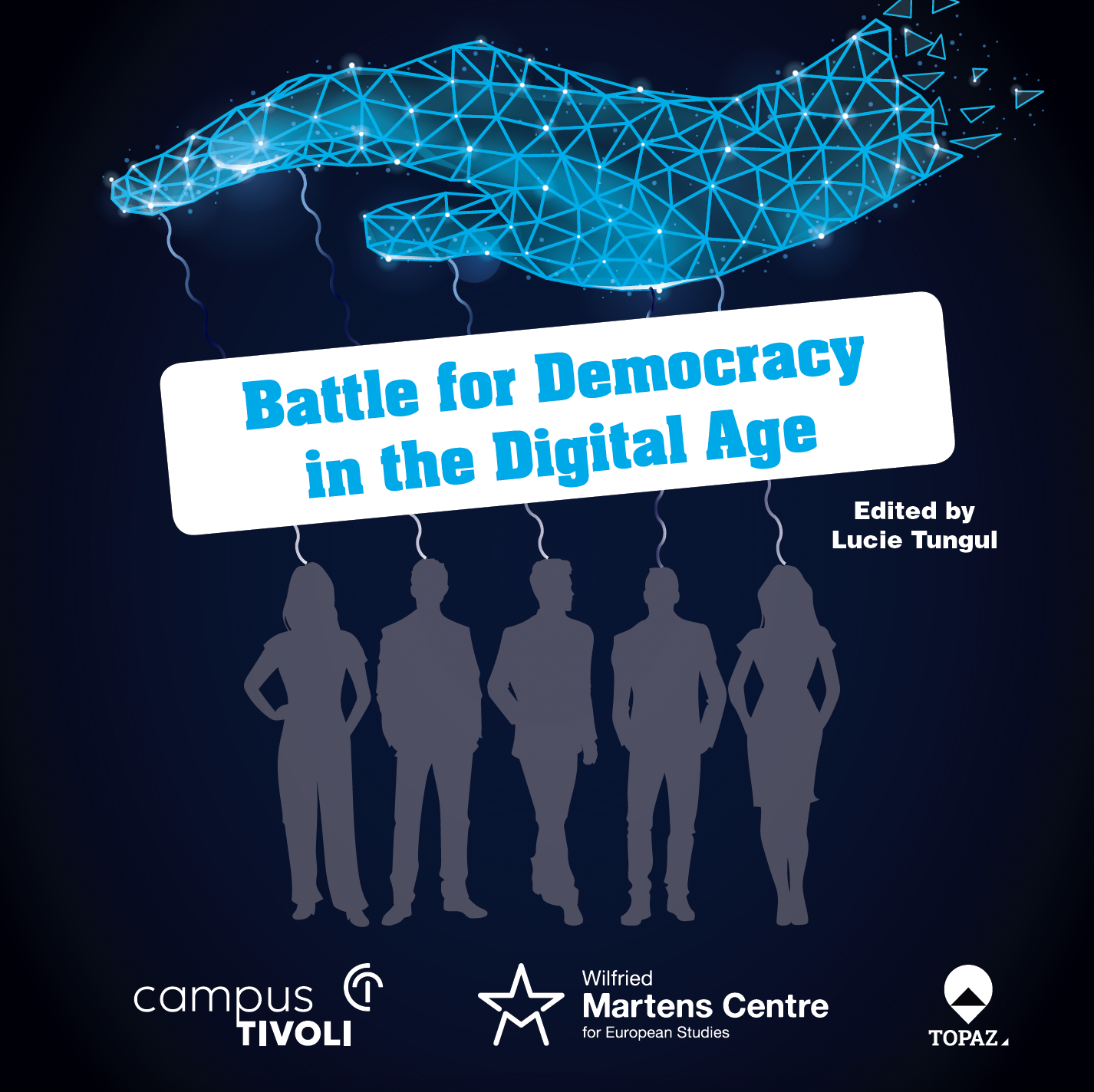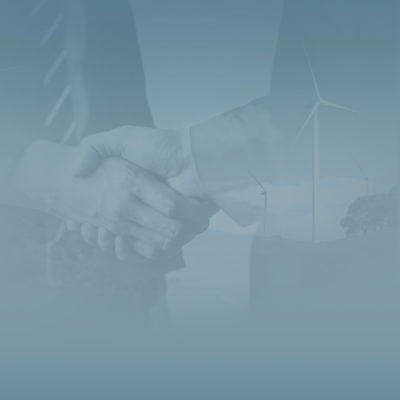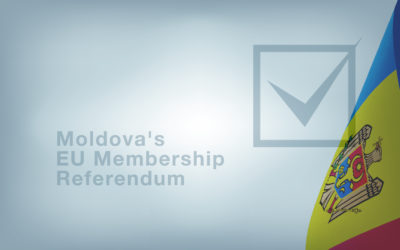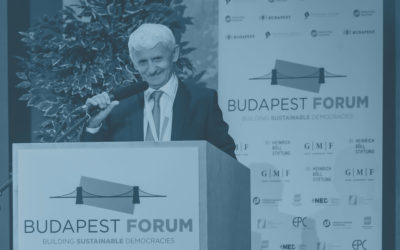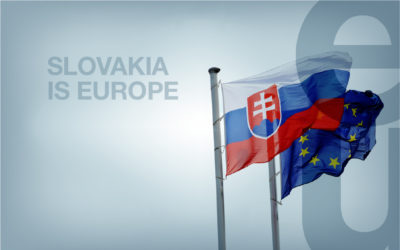6 Months After the Election, What Next for Belarus?
28 January 2021
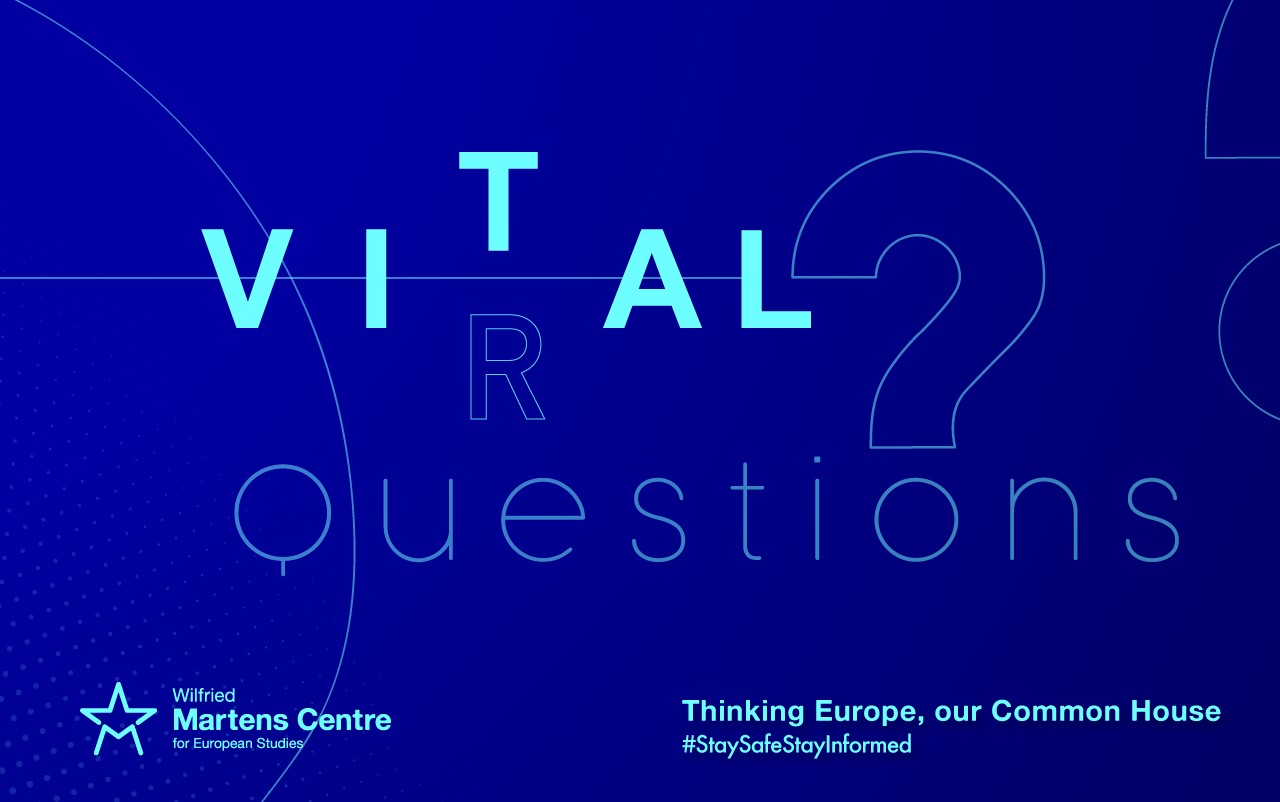
1. It has been six months since the first post-election democratic protests in Belarus. So far, neither the authoritarian regime of Lukashenka nor the democratic opposition have given up. How do you see the next developments and who has a better chance to win this battle?
Maksim Hacak, Journalist for Telegraf and Belsat, Belarus
Lukashenka lost Belarus, but democratic forces have not won yet. Protests have been ongoing for almost half a year. Lukashenka is no longer a legitimate president for most of the people, only staying in power thanks to the support of the police and the military, of government officials, and the Kremlin. The regime tries to frighten and punish everyone. However, I don’t see how we could turn back the page and live as if nothing has happened. Even the KGB says that future protests may become stronger at any time; they obviously will.
Andrius Kubilius, MEP, Lithuania: Many things will depend not only on the streets in Belarus, but also on the street protests in Russia. Events in Belarus are influencing developments in Russia, and vice-versa. The revolution in Belarus, as well as in Russia, will also depend on the ability of the EU to stand up and protect the choice of individuals to live in a free country.
We remember how, 30 years ago, the international community supported our democratic movement ‘Sąjūdis’ internationally. This had a huge impact on our revolution to break the Soviet Union from within. Now we, the EU and the international community, have a moral obligation to help our neighbours in promoting freedom and democracy further to the east of our borders.
Luděk Niedermayer, MEP, Czechia: I am convinced that the dictatorship will lose sooner or later, but there could still be a long way ahead for the Belarusian people to make it happen. We have heard opposition leaders declare that Belarusians are prepared to protest as long as it is necessary to oust Lukashenka, as in their own words, “there is no way back”. The level of determination and resilience shown by the protesters demonstrates nothing less. As an international community, we have to ensure we are constantly assuring the people of Belarus that we stand by them, and not to give in to Lukashenka’s empty promises. It may sound a small contribution, but it is hard to find good ways to support them more…
2. The restrictive measures imposed by the EU against Belarusian individuals who support the Lukashenka regime are a great moral support for protesters. What else could be done to help Belarusian civil society?
Maksim Hacak: It is important that the EU investigates the crimes committed in Belarus. Belarus also needs vaccination aid to deal with the COVID-19 crisis. And the threat that Norway’s Yara might not buy Belarusian potash made Belaruskali declare that they would no longer punish workers for political activities and would restore those who were fired. This is a potential method. We can also mention Nivea, Škoda, and Liqui Moly, who refused to finance the ice hockey championship in Minsk. The EU may support the exclusion of the regime’s propaganda media from the European broadcasting union.
Andrius Kubilius: The EU should be more ambitious in supporting the Democratic Belarus. The EU has a comprehensive toolbox to support the people of Belarus and can be a strong mediation force at the highest international level (G7, Russia).The European Parliament, I hope, will soon initiate a special High-Level mission of recognised political personalities, which will represent the EU position for a dialogue between authorities in Belarus and the representatives of Democratic Belarus. The EU can do more by having a fully-fledged official policy dialogue with representatives of Democratic Belarus. The EU should establish the Democratic Belarus Representation Office in Brussels, with the full credentials of EU institutions and financial support. This office could become a leading example for the EU Member States to engage directly with Democratic Belarus. The EU can do more by setting a special Justice Hub to assist international investigations of crimes committed by the Lukashenka regime, including through coordinated application of the universal jurisdiction by national courts. The EU should announce as soon as possible the reform and investment support plan – the EU Marshall Plan for Democratic Belarus after Lukashenka. The EU must immediately and substantially increase direct social payments to families of victims of repressions, or workers who were members of independent trade unions or fired because they attended national strikes in Belarus. Finally, the EU must immediately adopt a comprehensive non-recognition policy of the Lukashenka regime. Such a policy would be instrumental to maintain pressure on immediately holding new free and democratic elections.
Luděk Niedermayer: Individual sanctions are certainly one of the good options, but they need to be tightened and expanded. For sanctions to be truly effective, they cannot solely target the big fish oligarchs that are closely connected to the regime (or represent the regime), but also other close associates, as well as their relatives. In this regard, it is important that we make full use of the forthcoming “European Magnitsky Law”. Besides this, we should also take advantage of any other opportunity, such as banning the Ice Hockey Championship, which is supposed to be held in Belarus. Though these procedures will likely not provide for an easy fix to the situation, they are a step forward and we should the make most of them.
3. In your opinion, what will be the influence of the EU, the US, and Russia on further developments in Belarus in 2021, especially considering the new US administration and legislative elections in Russia?
Maksim Hacak: We see that Western countries are going to impose harsher sanctions against Belarusian officials and businesses connected with them. For example, US president Joe Biden promised to strengthen the pressure on Lukashenka. And the Belarus Democracy Act allows sanctioning those Russians who support Lukashenka’s regime. But the position of the Kremlin is unclear. The Belarusian regime became extremely toxic for many countries and organisations. Is there a possibility of making it toxic for Russia as well? Of finding ways to persuade the Kremlin not to support Lukashenka? These are the main questions.
Andrius Kubilius: Now is the time for the coalition of democracies to stand together and fight authoritarian regimes, both in Belarus and Russia. This is a litmus test for Western democracies. The EU needs to see that ordinary Belarusians and Russians are going out and demanding changes in the streets of Belarusian and Russian cities. Changes are demanded by a majority of the people in both countries, and demand for change is the major reason why people are going for protest in the streets. Therefore, in 2021, it is time for the international community, for the EU and the US, to devise a value-based mechanism for defending democracies. This mechanism can be adopted as a convention of democracies and should include:
- an automatic global sanctions mechanism from democracies towards those who are “stealing” democracy from the people;
- a comprehensive EU system of financial controls, designed to protect our democracies internally from illicitly financed practices of influence,
- a creation of a ‘Democracy First’ global EU development policy instrument aimed to promote the values of democracy, including via trade-related agreements, conditional on human rights and democratic values.
- a creation of the EU “Justice First” Hub to assist and, where necessary, coordinate the international trial and investigation of crimes committed by authoritarian regimes;
- a creation of a social and economic investment support instrument for newly-emerged democracies from autocratic regimes (Marshall Plan for New Democracies).
This is how the Western community can respond to authoritarian regimes, particularly in Belarus and Russia.
Luděk Niedermayer: Personally, I still think that Belarusians are the ones who must win this “fight”. We should certainly provide support wherever possible, tighten up individual economic sanctions, freeze assets, and impose travel bans on those connected to the regime, but there is not much more that we can do. The new US Administration will likely be more sympathetic to the protesters and more vocal against the regime itself, but their actions are also rather limited. Any widespread economic sanctions should not be an option, as we well know that these will impact the people of Belarus most, rather than the oligarchs. And then there is Russia who represents the main market for Belarus. I believe that some measures should be in place in case the protesters win and Russia decides to harm the new regime economically. The question now is whether Russia will be able to fight its fights on two fronts, given the most recent developments in the country following the return of Alexei Navalny and the mass protests across the country.







